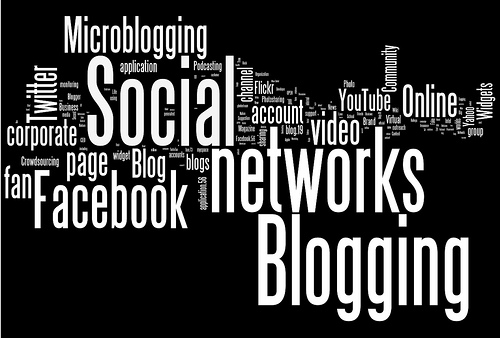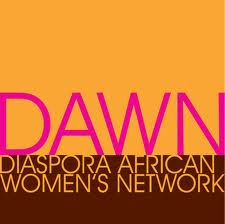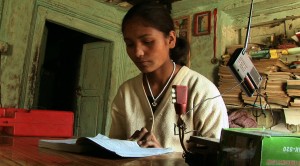Despite the richness, diversity, and complexities that shape the landscape that is my homeland, Africa is often depicted as one big safari (or war zone). Why is that? Because Africa’s stories are rarely told by Africans themselves.
-
-
Afrofeminism - Blog - Film - Gender and LGBT Issues - LGBT Africa - Media - Race, Culture, Ethnicity - Social Commentary - Special Series
Racism and LGBT Rights: Where are the African Films in the South African LGBT Film Festival?
South Africa's 19th Out in Africa LGBT Film Festival opens this weekend and there is certainly no shortage of films about women, quite an achievement to note given how often the LGBT community is depicted as male. Yet, within the context of Africa, the LGBT community is also frequently perceived…
-
Advocacy - African Feminism - Afrofeminism - Blog - International Development - New Media - Philanthropy - Thought Leadership
We Are Not Invisible: 5 African Women Respond to the Kony 2012 Campaign
I've compiled a list of responses from African women responding to Kony 2012, a controversial campaign launched recently by Invisible Children to raise awareness of child soldiers in Uganda. I'm amplifying their responses because almost overnight, the web became flooded with so much commentary from western media on the erasure…
-
International Women’s Day Screening of Africa’s “Waiting for Superman” — “To Educate a Girl”
Framed by the United Nations global initiative to provide equal access to education for girls by 2015, the documentary film, To Educate a Girl, takes a ground-up and visually stunning view of that effort through the eyes of girls in Nepal and Uganda, two countries emerging from conflict and struggling…
-
London-Based Theater Troupe Debuts “ZHE”, A Play about Gender, Culture, and Sexuality in Africa
ZHE is a humorous, thought-provoking and haunting drama explores the lives of two British Africans living at the crossroads of culture, nationality, gender and sexuality. Journeying from childhood to adulthood and across continents, the play examines the joys and pains of coming to terms with the complexity of our many…
Online rulet oyunları gerçek zamanlı oynanır ve online slot casino bu deneyimi canlı yayınlarla destekler.
İnternet üzerinden eğlence bahsegel giriş arayanlar için deneyimi vazgeçilmezdir.
Kullanıcıların hesaplarına hızlı ve sorunsuz bettilt ulaşabilmesi için adresi her zaman güncel tutuluyor.




